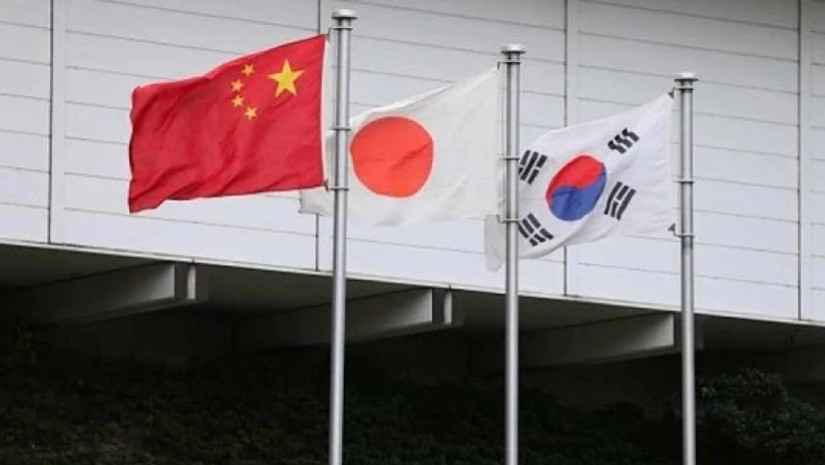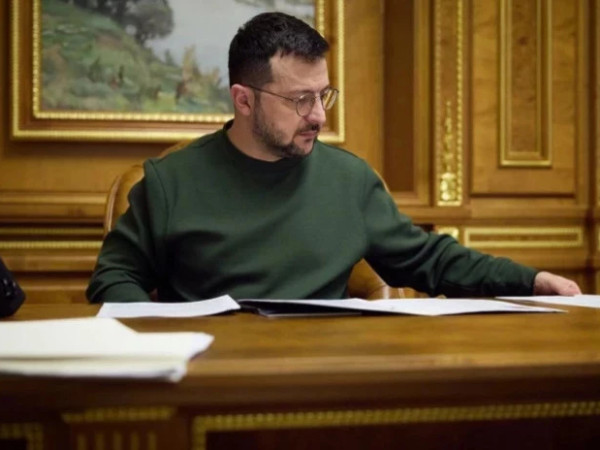Japan, South Korea and China are set to agree on resuming free trade agreement negotiations -- which have been on pause since 2019 -- when their leaders meet Monday, Nikkei has learned.
Japan will demand that China curb subsidies and preferential treatment for state-owned enterprises that lead to overproduction, as well as strict e-commerce-related practices that could hamper so-called data free flow with trust.
The leaders' draft joint statement says the trio "will hold discussions in order to accelerate the negotiations, aiming for a mutually beneficial FTA by Japan, China and South Korea that is also high-quality and inclusive." The countries will exchange views on what the "future-oriented trilateral FTA" should be like, meaning that the talks are at a higher level than in the past.
The three East Asian countries announced in November 2012 the launch of the negotiations. But the talks stopped after the 16th round, held in November 2019. China has called for restarting them as its economy has weakened.
Japanese Prime Minister Fumio Kishida has decided that, under the circumstances, China is now likely to be responsive and discuss addressing such issues.
The three countries are members of the Regional Comprehensive Economic Partnership, which took effect in 2022. Their FTA will be recognized as "RCEP Plus," indicating that its level of liberalization will exceed that of the RCEP.
For example, in the market access part of the deal, the countries will aim to fully abolish tariffs on automobiles and their components, which the RCEP did not.
And in the rules section, parties including Japan will demand reductions in industrial subsidies and less preferential treatment for state-owned enterprises -- provisions also left out of the RCEP. China has unofficially expressed a willingness to discuss the issues, sources close to the matter say.
In e-commerce, Japan will ask China to ban the forced disclosure of foreign corporations' software source code, claiming that it obstructs data free flow with trust.
The prospective revival of the FTA negotiations comes as Western countries raise concerns regarding Chinese overproduction of electric vehicles and solar panels, seen as caused by excessive subsidies. The issue has led to frictions with Japan, the U.S. and the European Union, with exports of cheap products criticized as distorting global markets.
The three-way FTA could serve as an opportunity to demand that China set fairer rules, sources say.
China in 2023 banned the importation of all marine products from Japan, which had begun discharging treated radioactive wastewater from the disaster-hit Fukushima Daiichi nuclear power plant into the sea. South Korea chose not to do the same. Japan has been asking China for an immediate lifting of the ban and will also raise the issue in the FTA negotiations.
Sources say that the relationship between Kishida and South Korean President Yoon Suk Yeol is good, making it easier now for Japan to tackle China-related concerns within the trilateral framework.


















